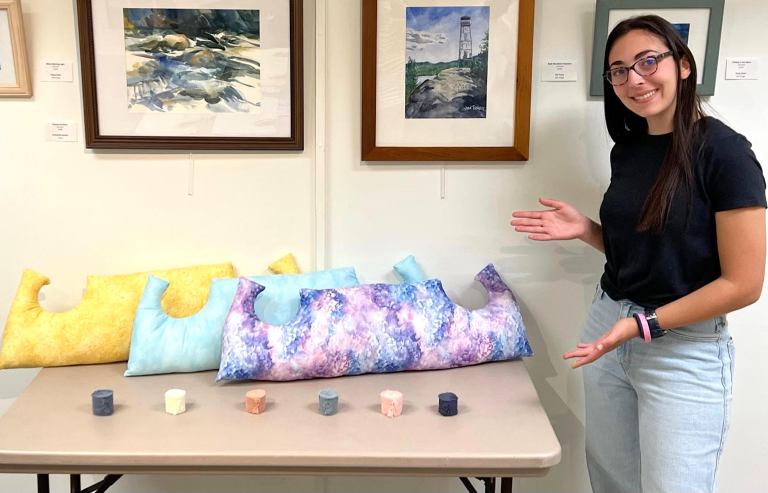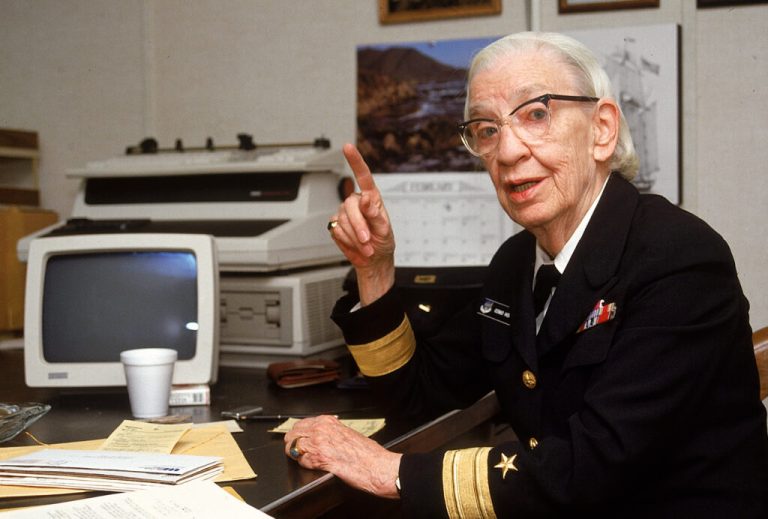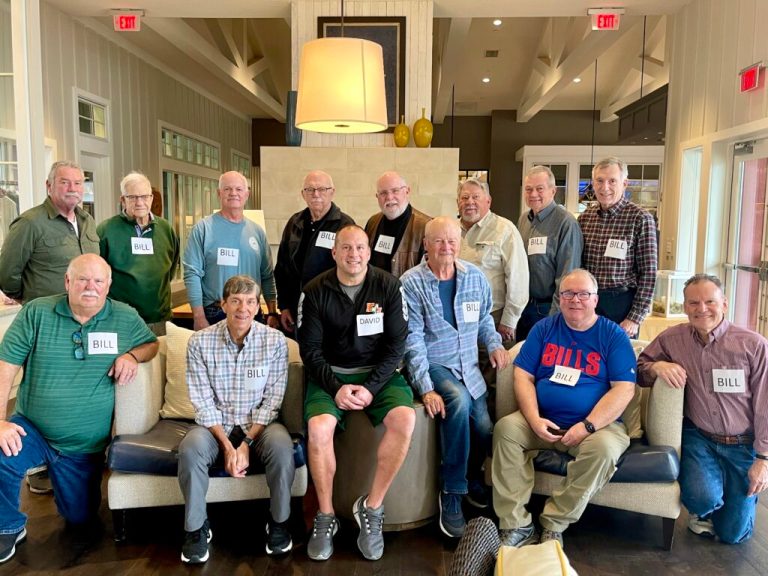When Nice News first interviewed Scott Shigeoka about curiosity in 2023, he was on the cusp of publishing his book on the subject, Seek: How Curiosity Can Transform Your Life and Change the World.
Shigeoka has been busy since then: He took his ideas to the TED stage in November, focusing on curiosity’s potential to heal division. And he partnered with the Eames Institute to launch The Curious 100 in March, a celebration of 100 visionaries who are harnessing curiosity to solve the world’s pressing problems.
As we gear up to welcome the author to our third Nice News Book Club on Monday, June 9 (you can sign up here for free), we had a few more questions for him — and he offered up a few as well.
Scroll down for our Q&A with Shigeoka, in which he discusses the real-world applications of the concepts in Seek, his suggestions for fostering deep curiosity, and how to avoid what he calls “predatory curiosity.”
What has the feedback been since Seek came out? Have you heard any stories from “ordinary people” who put the ideas into practice with positive results?
The feedback has been incredible! As an author, it’s so delicious to hear all of the ways readers are using deep curiosity in their relationships, work, and lives. Parents have told me they’ve used practices of the book with their children — like Stephanie Hsiao who used deep curiosity with her son who is neurodivergent, which helped her to check her assumptions about parenting and discover her son’s unique strengths and interests.
RELATED: Can Curiosity Change You? Author Makes a Case for Transformative Potential of the “Superpower”
Teachers have used the practices in their classroom to encourage their students to ask questions, seek new experiences, and grow — from Camino Nuevo Charter Academy in Los Angeles, California, to St. Anne’s-Belfield School in Charlottesville, Virginia. Company leaders have used concepts and practices from the book to cultivate a culture of curiosity among their teams, which has led to higher levels of connection and collaboration.
I’ve heard from residents at a senior living community in Georgia who read the book and used practices to deepen bonds with one another, and a university professor in Oregon who used Seek as a way to anchor students who were navigating racial and faith-based tensions on campus.
Could you share some questions that people can apply in day-to-day life to help them frame their experiences through a lens of curiosity?
One of the practices I have in my book is to create a “Powerful Questions List” on their phone (like in your Notes app), computer (on a Google Doc/Notion page), or journal (old school, baby!). This is a list of questions someone has heard that led to a compelling conversation or made them feel a sensation of excitement in their body. We’re often trained (in school or at work) to keep track of the answers, but this practice reminds us that paying attention to the questions we ask (or are asked) is an important ingredient to engaging conversations and meaningful connections.
Here are a few that are on my Powerful Questions List:
- What made you laugh today?
- What was a challenging thing you did this month?
- When did you feel proud of yourself recently?
- What’s something new you’d like to try?
- What is life teaching you right now?
- How can I be here for you in a way that’s meaningful?
- What’s putting a smile on your face these days?
- Who are you missing right now?
- Who makes you feel like you matter in your life?
You write about “predatory curiosity” in your book — can you share a bit about that concept?
We often think about curiosity as an intellectual pursuit, one that exists solely in our mind. We want to know what tree is in our backyard or how many people Beyoncé amazed in her “Renaissance Tour.” But curiosity is also a heart-centered pursuit. We can use it to learn more about ourselves or other people around us — even those who are very different from us. We don’t just collect data about a person’s life, we hear their values, stories, and what makes them human. We find commonalities. This is a main feature of Seek, and I even talk about it in my TED Talk.
But in order for us to do this, to access this kind of connection, we have to take our curiosity deeper. I call this “deep curiosity.” It’s a soulful practice where we don’t just have the goal of knowing, we are searching to understand. A metaphor I often use is this: If traditional curiosity is looking through the peephole of a door, deep curiosity is turning the knob and going through it to experience what’s on the other side. It’s much more exposing and vulnerable, but these risks give you the greatest potential for transformation.
That said, sometimes people ask us questions but there’s an agenda underneath. I call that predatory curiosity. It’s when someone asks you questions to lead you to a “gotcha!” moment. Or they’re asking questions because they’re trying to get you to say something that they can use against you. This is kind of what a detective or investigator might do. It looks like curiosity, but it’s not because there’s an attachment to a specific outcome — there’s an ulterior motive underneath.
Sometimes this is done in nefarious ways as I mentioned, but other times we might do it unconsciously. We ask our partner a question because we want them to ask that question back to us. When they don’t, we lash out and say: “Why didn’t you ask me how my day was?!”
Or you ask a question about politics at the family reunion, but when someone says a position that differs from you, you immediately jump into the offensive and argue the points they’re making instead of understanding why or how they formed their views. This kind of curiosity isn’t truly open-hearted, and thus, can be transactional or extractive. It’s not real relationship building.
The best thing we can do to counteract predatory curiosity, especially during a conflict, is to slow down. Take a deep breath. Remind yourself of curiosity phrases like “Tell me more” or “Why is that?” Try to resist the impulse to attack their positions or to assert your own. Remind yourself that the goal with curiosity is to understand someone more deeply not so you can change them — but so you can better understand and even love them.
When you buy books through our links, Nice News may earn a commission, which helps keep our content free.











